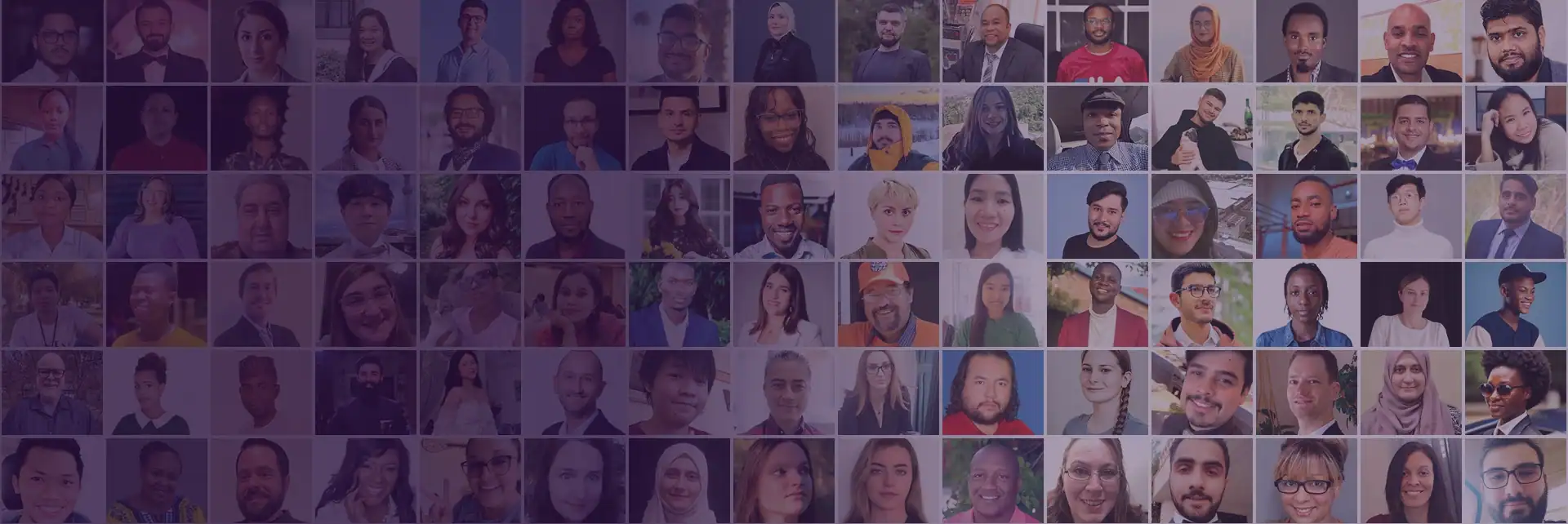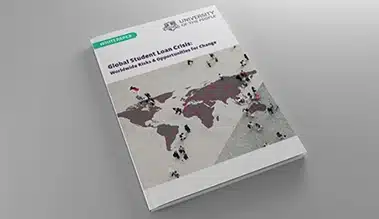
Academic Programs
Prominent academics and industry leaders have joined to create high quality, affordable programs that will prepare you for success in the job market.
Academic Programs
Prominent academics and industry leaders have joined to create high quality, affordable programs that will prepare you for success in the job market.

Your Future in Your Hands
Try our new UoPeople Cost Calculator and get an estimated cost and graduation date for your associate, bachelor’s, or master’s degree today.
Your Future in Your Hands

Try our new UoPeople Cost Calculator and get an estimated cost and graduation date for your bachelor's degree today
Featured Media Stories
Why University of the People
Tuition-Free
UoPeople doesn’t charge for online college courses, course materials, or annual enrollment. Pay our minimal fees as you go.
Flexibility
UoPeople is a 100% online college. Control your schedule by studying anytime and anywhere you want - at home, work, or even on the move.
Quality
UoPeople is an accredited, American online University. Our academic leadership includes scholars from top universities around the world.
Support
Our classes are small and every student has a Program Advisor from their first day of classes all the way until graduation.
Global
With students from more than 200 countries and territories, you'll learn skills to help you thrive in the global business world.
Expertise
We're the leader in 100% online education, with more than 15 years of experience serving students around the world.
Common Questions Students Are Asking Us
- Quality & Accreditation
- Student Experience
- Tuition-Free
Featured Resources



















